XPS 13 Plus Laptop : Dell XPS Laptop Computers | Dell USA
Dell XPS Plus 13 inch laptop featuring 12th Gen Intel Core processors with a modern design, or view all Dell XPS laptop computers.
Our most powerful 13-inch XPS laptop is up to twice as powerful as before* in the same size.
It features 12th Gen Intel® Core™ processors and the latest battery technology, providing
long battery life in a lightweight design—all for a stunning combination of speed, performance and
premium mobility. Plus, dual fans are now larger, providing up to 55% more airflow* and in turn,
enabling a more powerful system in the same size without increasing noise or temperature.
Dell Performance helps unlock access to four modes—quiet, performance,
cool and optimized. Each mode tailors fan speeds and battery life, with performance mode
unlocking the full power of your PC.
Simplified. Modern. Seamless.
A collection of new, edge-to-edge interfaces simplify the overall design of the XPS 13 Plus, delivering a sleek, harmonious surface.
These enhanced elements also enable faster interactions, so users can create and maneuver with ease.
These enhanced elements also enable faster interactions, so users can create and maneuver with ease.
Capacitive touch function row
A backlit touch function row lets you toggle between media and function keys with ease, bringing forward only the icons you care about.
Zero-lattice keyboard
Stretching from edge-to-edge, this smooth, touch-friendly keyboard has larger and deeper keycaps than before*, for a fast, efficient and comfortable touch typing experience.
Seamless glass touchpad
Get highly precise, responsive feedback on a seamless glass haptic touchpad that unifies and elevates the simple, modern design of the XPS 13 Plus.
Life-like visuals, immersive sound
Get lost in photos, movies and more with InfinityEdge displays that deliver high brightness, precise detail with up to 4K+ resolution and vivid color, including an OLED option, so your content comes to life. Plus, enjoy music and hear video calls with ease, thanks to a new quad speaker design that provides a louder, broader range of sound.*
Fast and secure sign-on
A dual sensor camera separates infrared from RGB, helping you look your best, even in low light. Plus, ExpressSign-in paired with Windows Hello streamlines your login experience, detecting your presence—or lack thereof—to quickly and securely sign you in or out of your laptop.
Premium design
The new XPS 13 Plus was crafted with CNC-machined aluminum and glass to provide a simple, yet complete sensorial experience. Interfaces were innovated, tone-on-tone colors were added and a delicate balance was struck—all to improve efficiency and create a laptop that’s thin, lightweight, luxurious and available in two color choices, Platinum or Graphite. To learn more about our inspiration for this new machine, watch Behind The Design.
More sustainable than ever
For the first time, the XPS 13 Plus is using low carbon aluminum in the chassis, thereby reducing its carbon footprint. The XPS 13 Plus will also ship in all-new packaging made from 100% recycled or renewable content.
Additional information
| Height | 0.60 in. (15.28 mm) |
|---|---|
| Width | 11.63 in. (295.30 mm) |
| Depth | 7.84 in. (199.04 mm) |
| Starting weight | 2.71 lbs. (1.23 kg) for FHD+ or 4K+, 2.77 lbs. (1.26 kg) with OLED |

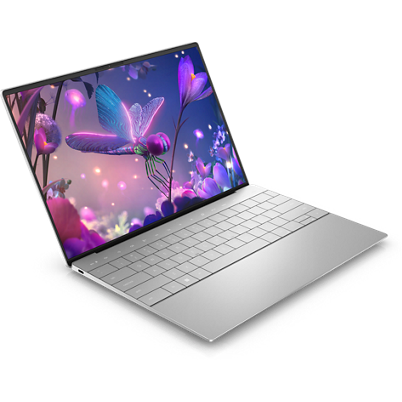
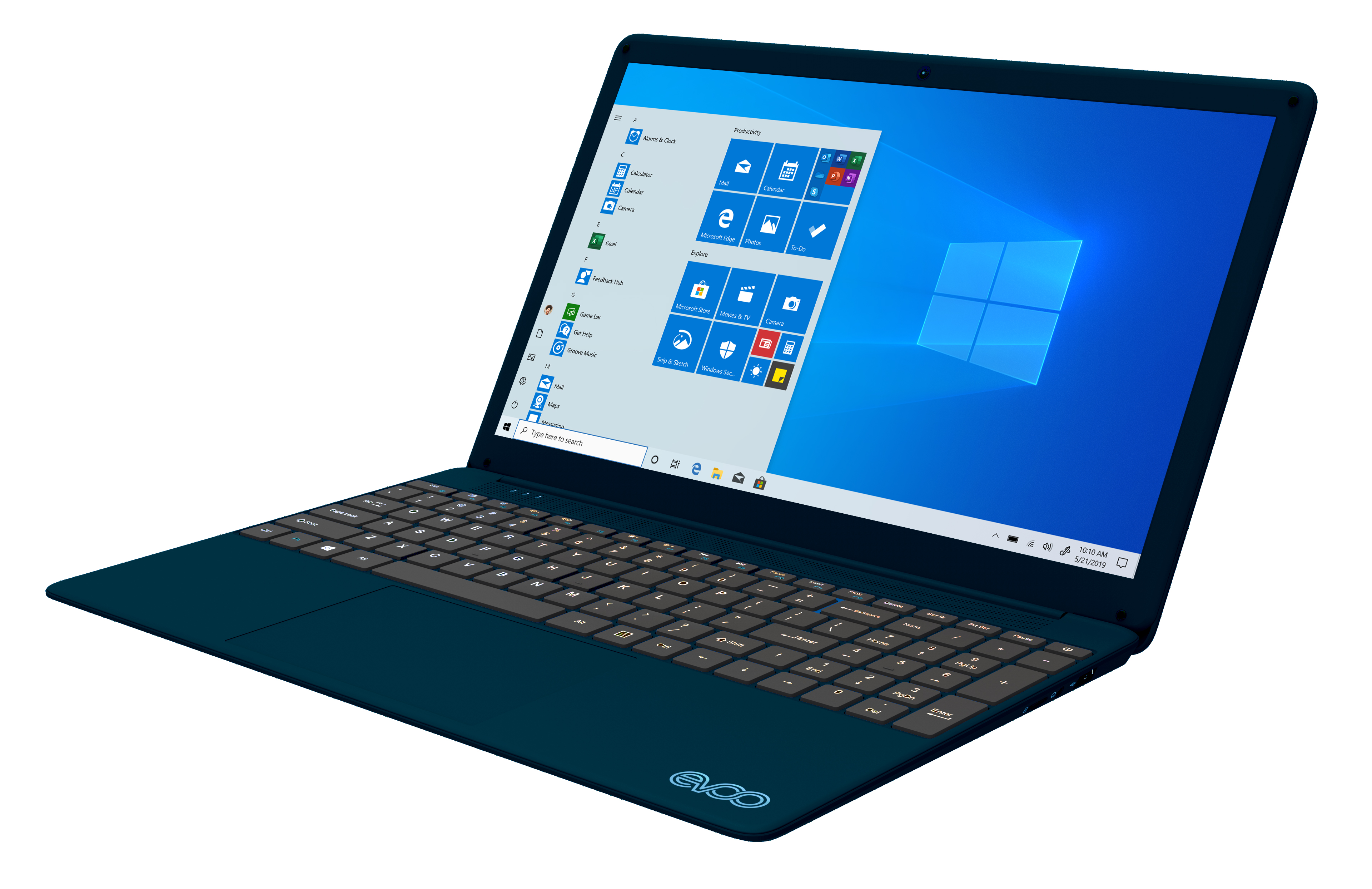
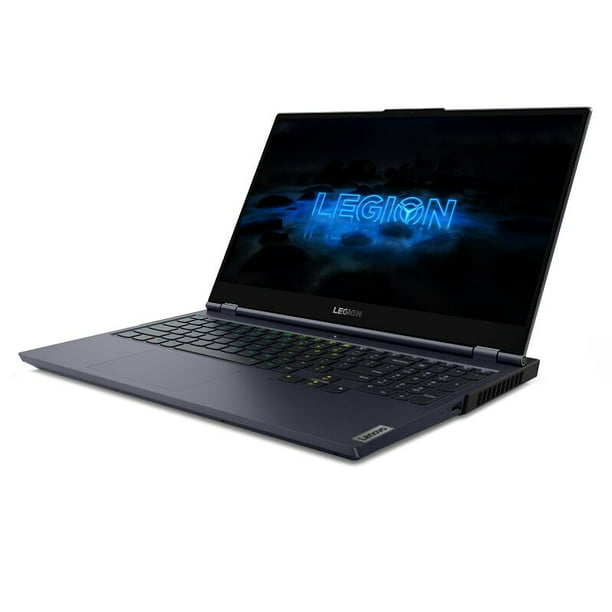
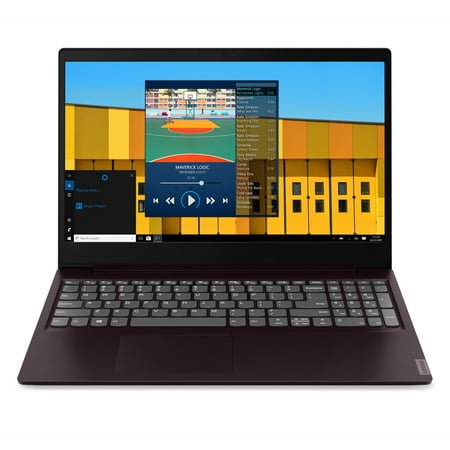
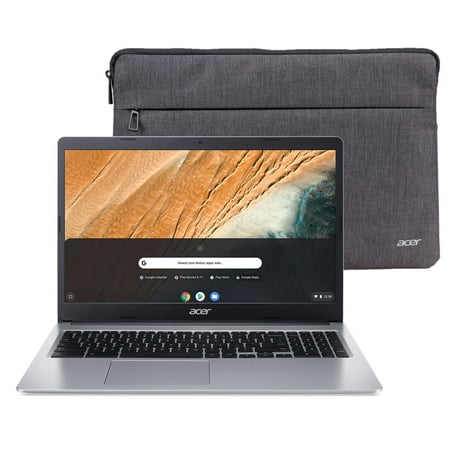
Reviews
There are no reviews yet.